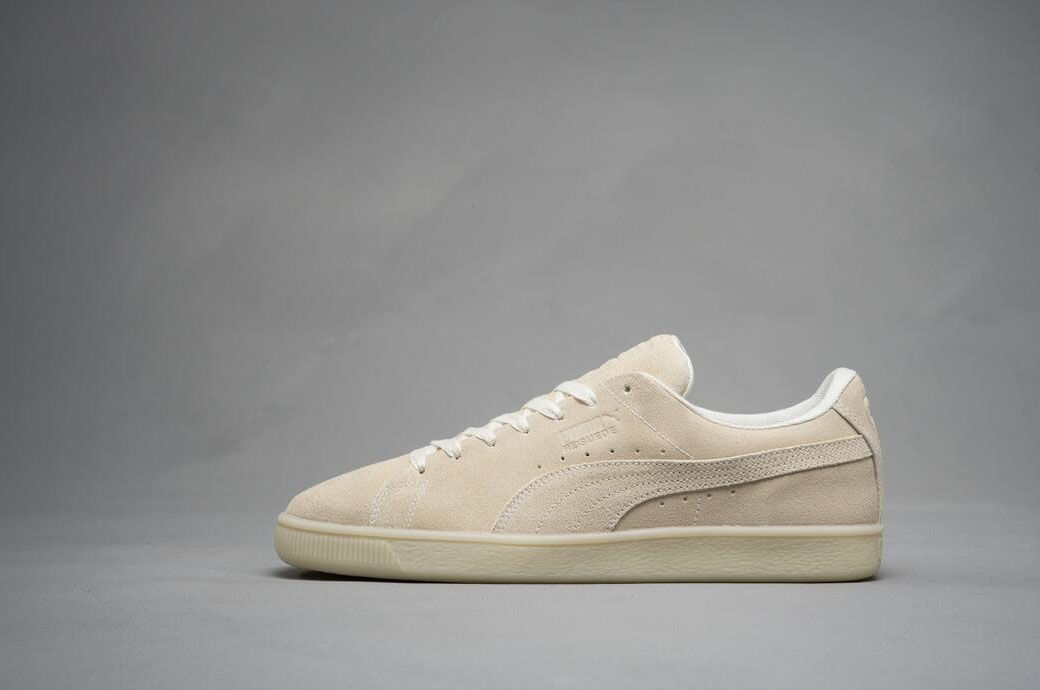
[ad_1]

Launched in 2021, the Laureus Sport for Good Index celebrates brands that, through collaboration, innovation and creativity, are making significant contributions across the 17 Sustainable Development Goals (SDGs), as well as aligning their business output with their sports investments and activations.
The 2024 Laureus Sport for Good Index honours brands advancing the 17 SDGs through sport, highlighting impactful initiatives that address key social and ecological issues.
Head of Partnerships Astin Ewington emphasises the Index’s role in showcasing sport’s power to drive positive change, inspiring more brands to use sport as a platform for meaningful, sustainable impact.
The Index shines a light on organizations that are having the clearest and most meaningful impact, and to provide compelling evidence for the role that sport can play in driving sustainable change. The brands feature in the Index for their best-in-class sport for good campaigns and purpose-led initiatives implemented over the past 18 months.
Astin Ewington, Head of Partnerships, Laureus: “We are thrilled to unveil the 2024 Laureus Sport for Good Index, which continues to showcase the immense potential of sport as a force for positive change. The brands featured this year are leading the way in addressing some of the world’s most pressing social and ecological challenges through innovative, purpose-driven initiatives. By highlighting their efforts, we hope to inspire more companies to leverage sport as a platform to create meaningful impact and contribute to a more equitable and sustainable future.”
PUMA initiatives recognized by the Index include:
VOICES OF A RE:GENERATION – After research which found that young people want brands to make more sustainability commitments, better communicate their goals and be more transparent, PUMA launched their Voices of a RE:GENERATION initiative. The initiative saw the company engage four young sustainability advocates who not only produce social content that helps raise awareness of PUMA’s sustainability targets among younger consumers, but also actively feedback to the brand about how it can improve its ‘FOREVER. BETTER’ sustainability practices.
Meanwhile, PUMA’s ‘RE:FIBRE’ polyester textile-to-textile recycling programme aims to reduce textile waste and make the company less reliant on plastic bottles for recycled polyester. All told, 46,000 RE:FIBRE garments were produced in 2023. Then, from the start of the 2024/25 soccer season, PUMA announced the scaling up of the programme, with millions of PUMA replica soccer jerseys made using RE: FIBRE, further spotlighting a more circular business model for jersey manufacturing.
This year, PUMA also launched an experimental commercial version of its RE:SUEDE sneaker in Europe. Leading up to this, as part of a two-year pilot project experiment that concluded in 2023, PUMA showed it was able to successfully turn the RE:SUEDE into compost under tailor-made industrial composting conditions. The RE:SUEDE can be sent back to PUMA at end of life who send them on to partners in the Netherlands for composting.
Note: The content of this press release has not been edited by Fibre2Fashion staff.
Fibre2Fashion News Desk (RM)
[ad_2]
Source link